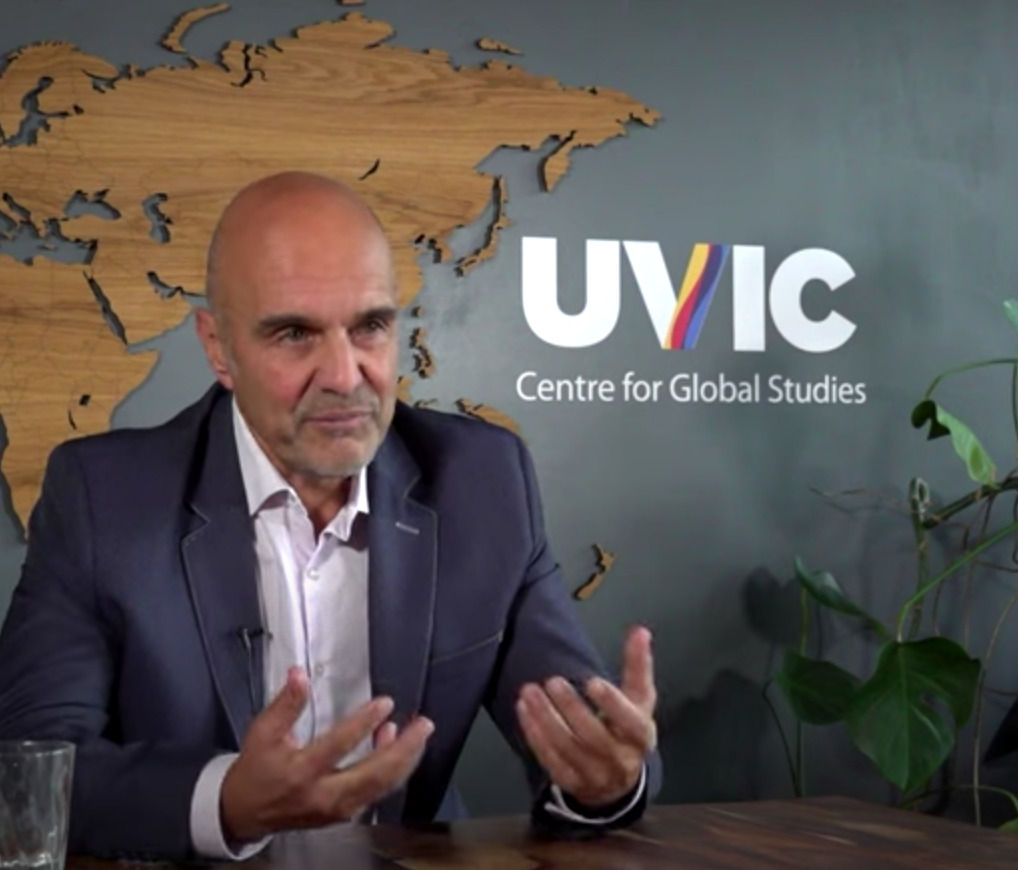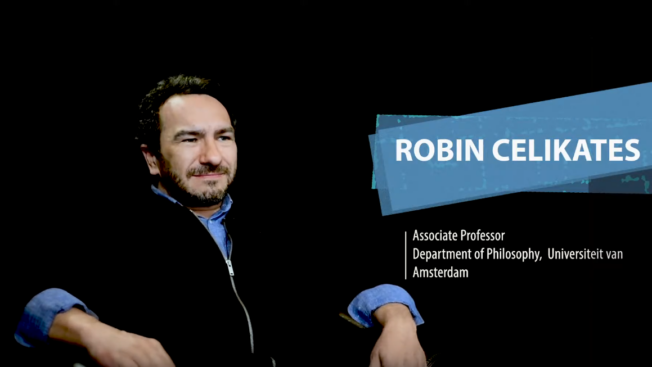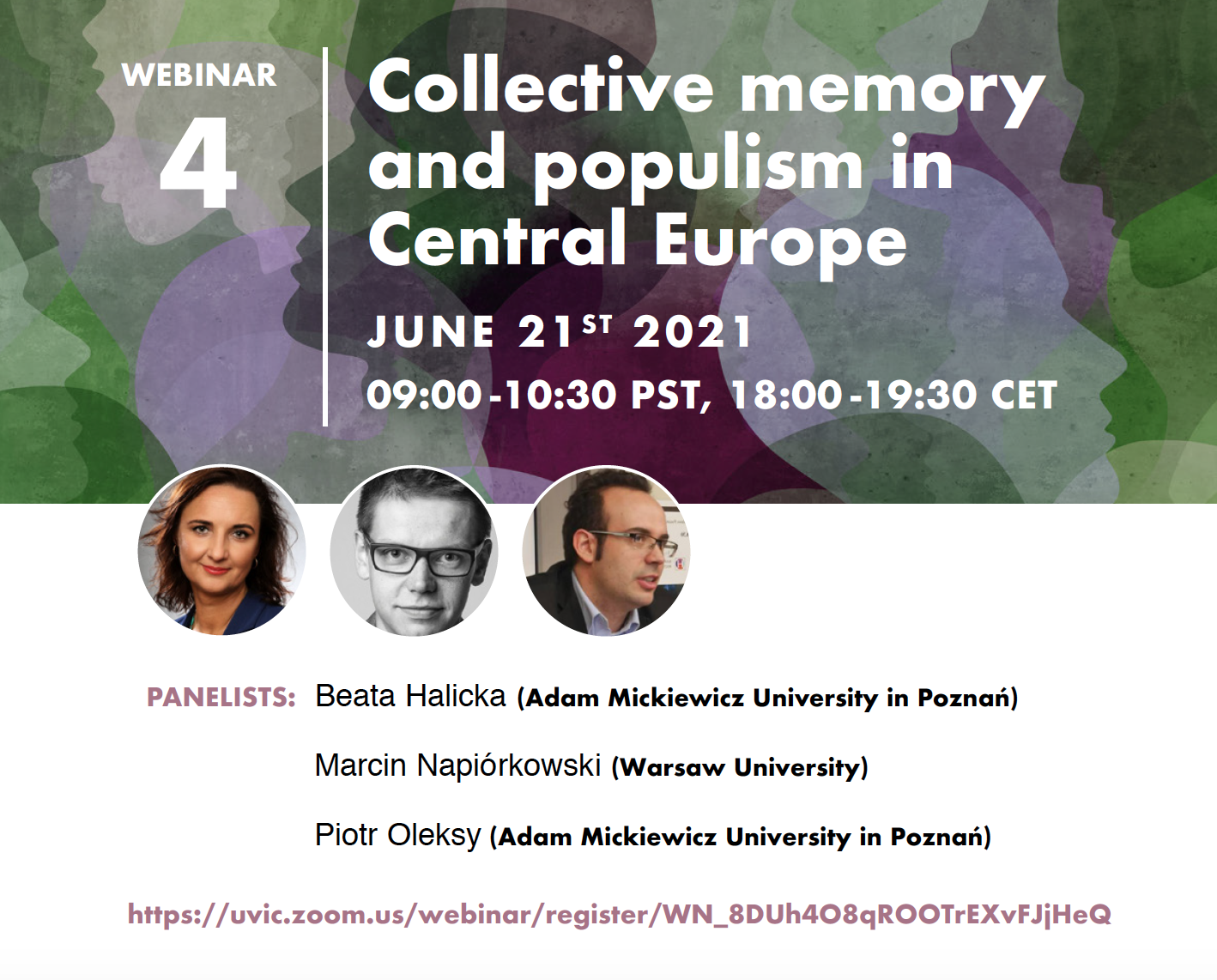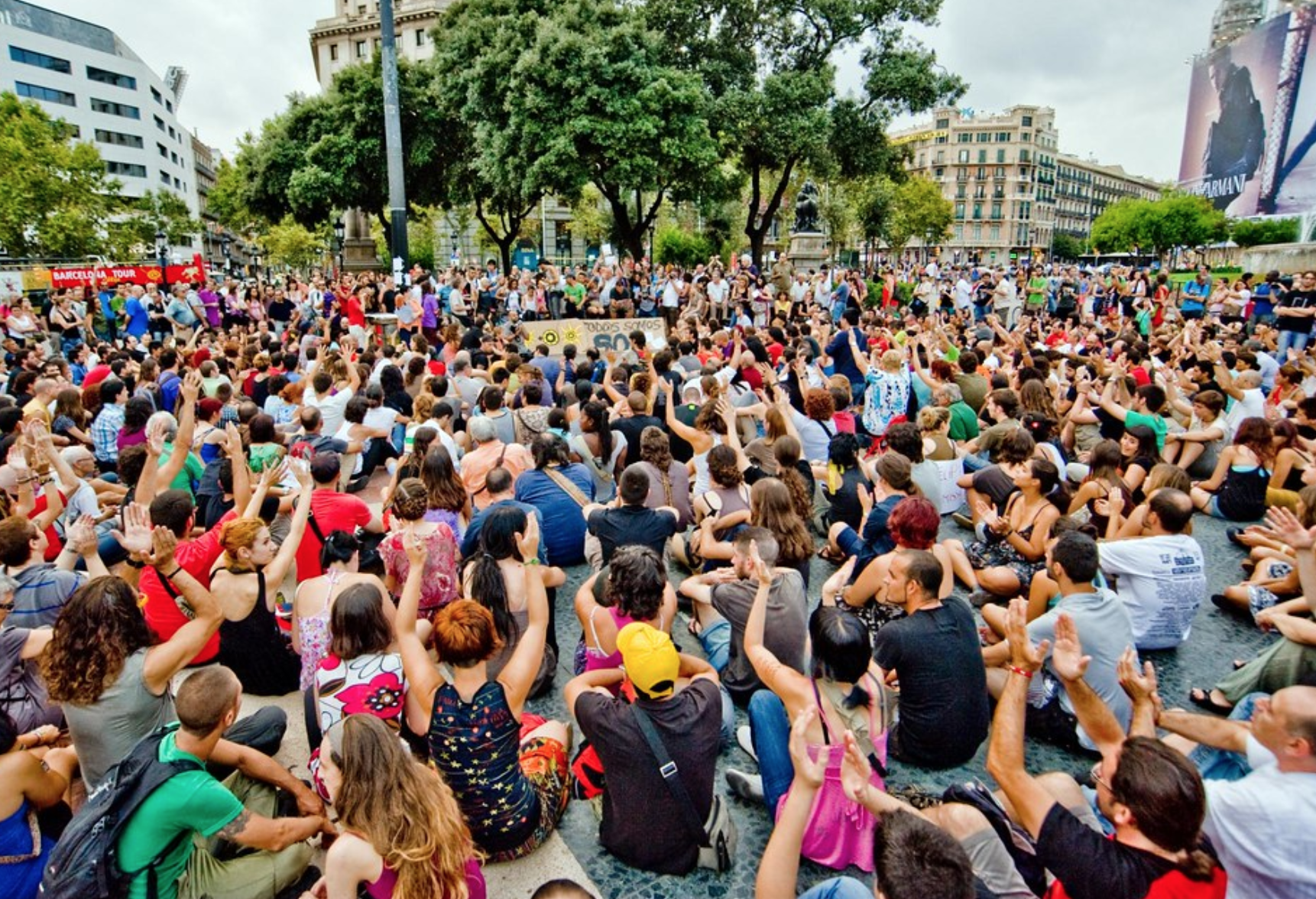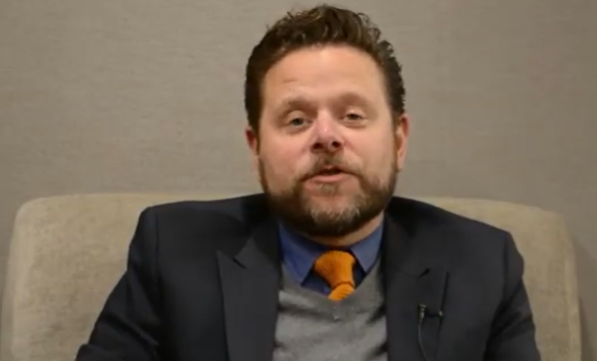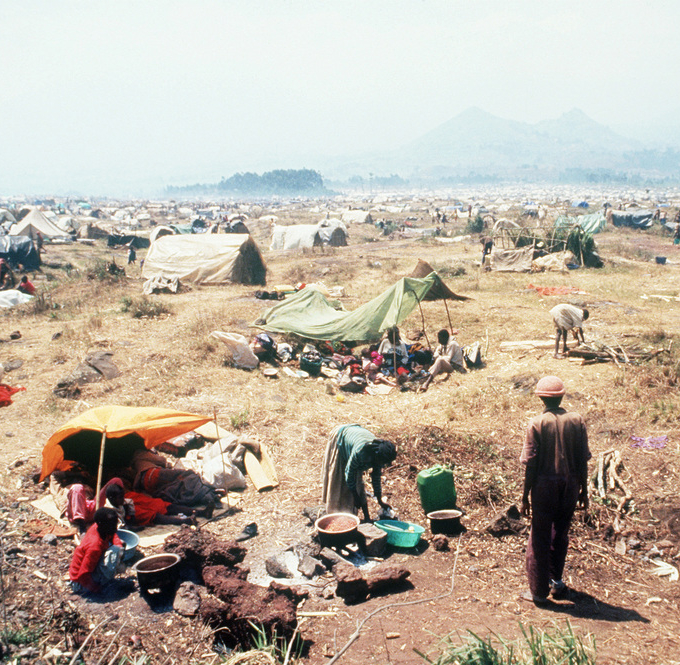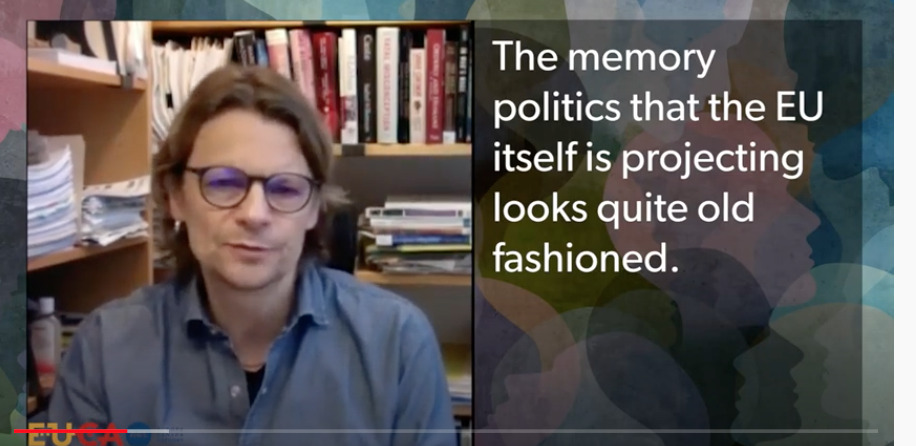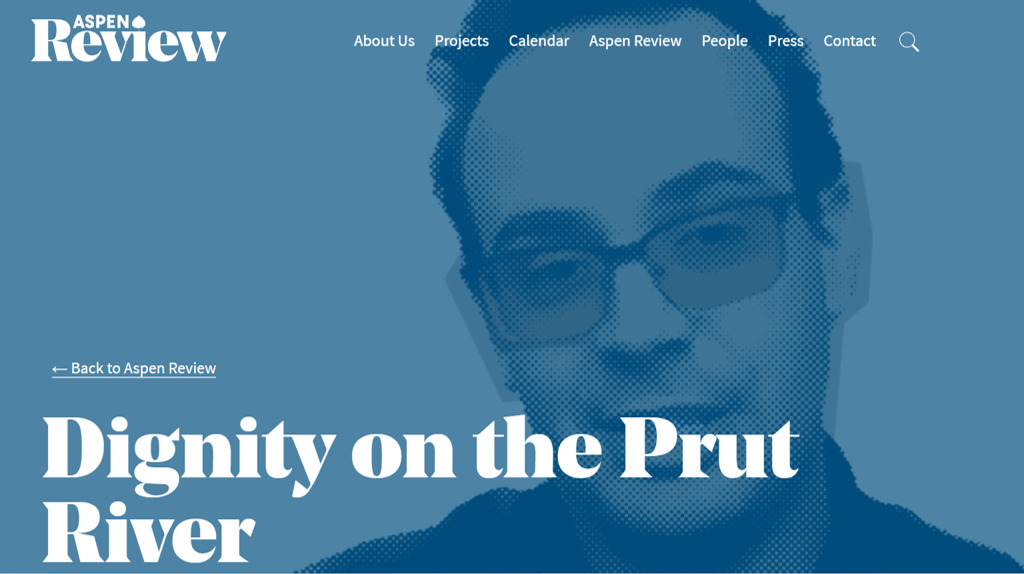Memory Politics and Democracy – Interview with Dr. Oliver Schmidtke
Dr. Oliver Schmidtke, University of Victoria
In an interview , Dr. Schmidtke notes that memory politics and democracy are conceptually linked in three ways. First, in order for societies to move towards democracy and to overcome the trauma associated with authoritarian rule they need to provide a voice to the victims of those regimes. Creating a space where this healing can take place is the only way forward to achieving reconciliation. Secondly, memory provides a new political narrative for a political community, a way to describe the values and practices endorsed by the community. The past is an essential element to do this as it shows what needs to be learned to avoid repeating the same mistakes and what is necessary to do to supersede the painful past. Thirdly, memory politics and democracy are directly linked through storytelling. Schmidtke stresses that opening up a space to a multiplicity of actors, to grassroots civil societies actively engaged in addressing the past, is constitutive of mature democracies. Schmidtke also notes that in the contemporary political environment there is a new claim for power from the authoritarian right. In this respect, we can observe a systematic use of a particular historical narrative to justify their power. Similarly, there is a renewed struggle about what constitutes our democracies, and the narratives, practices and norms we can rely on. In this sense, there is a fight over the legitimate way of interpreting the past and what we learn from it.
